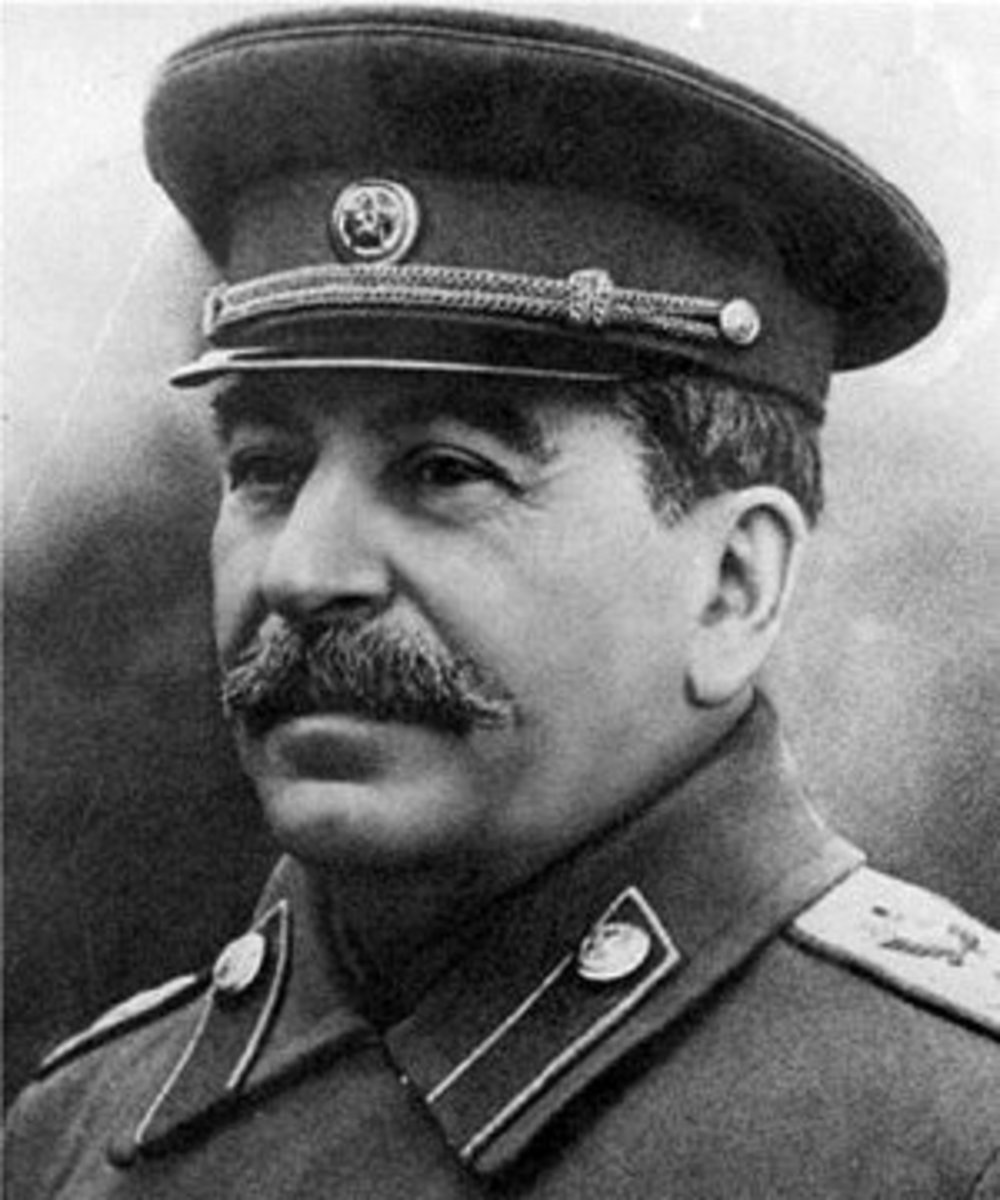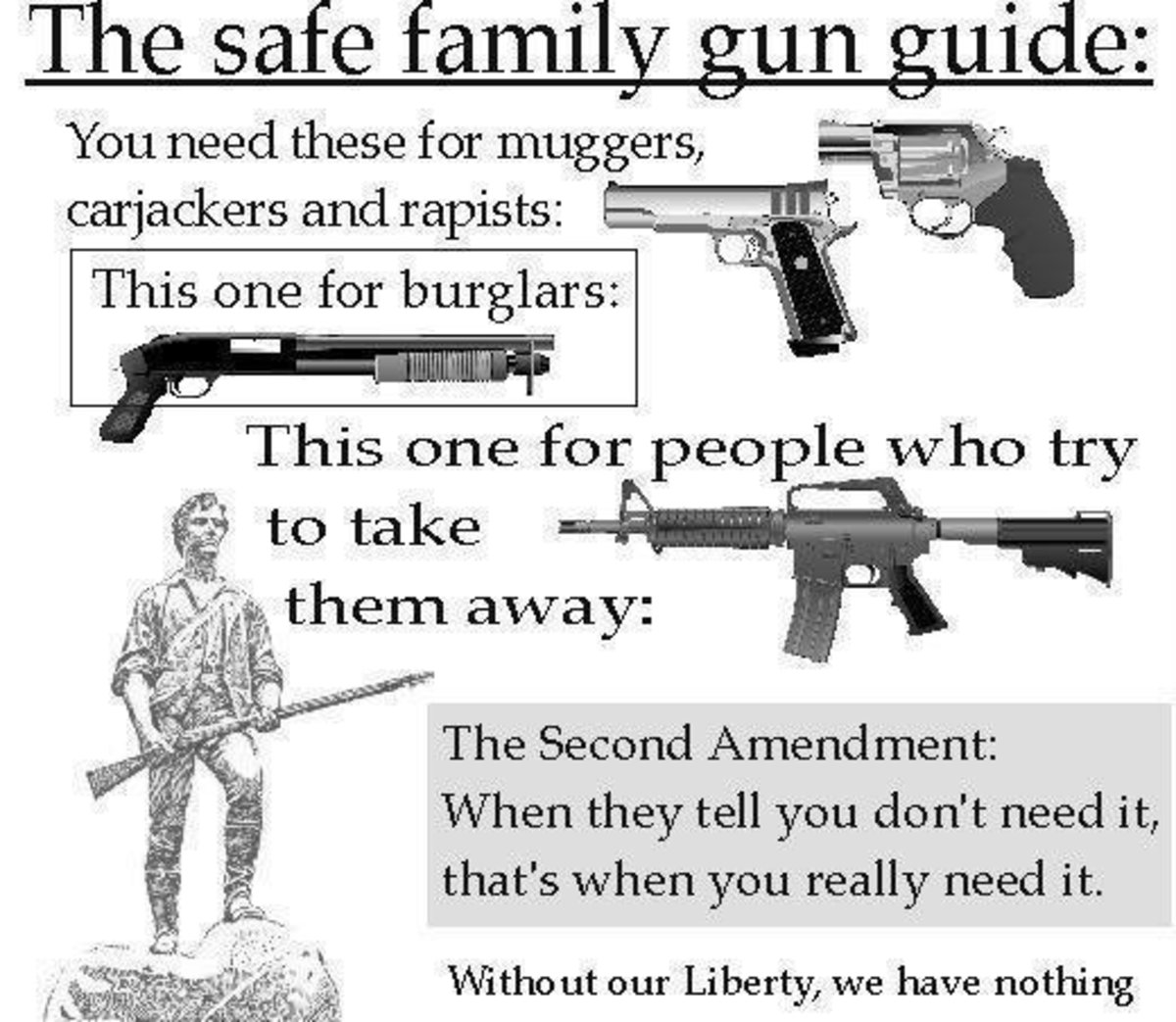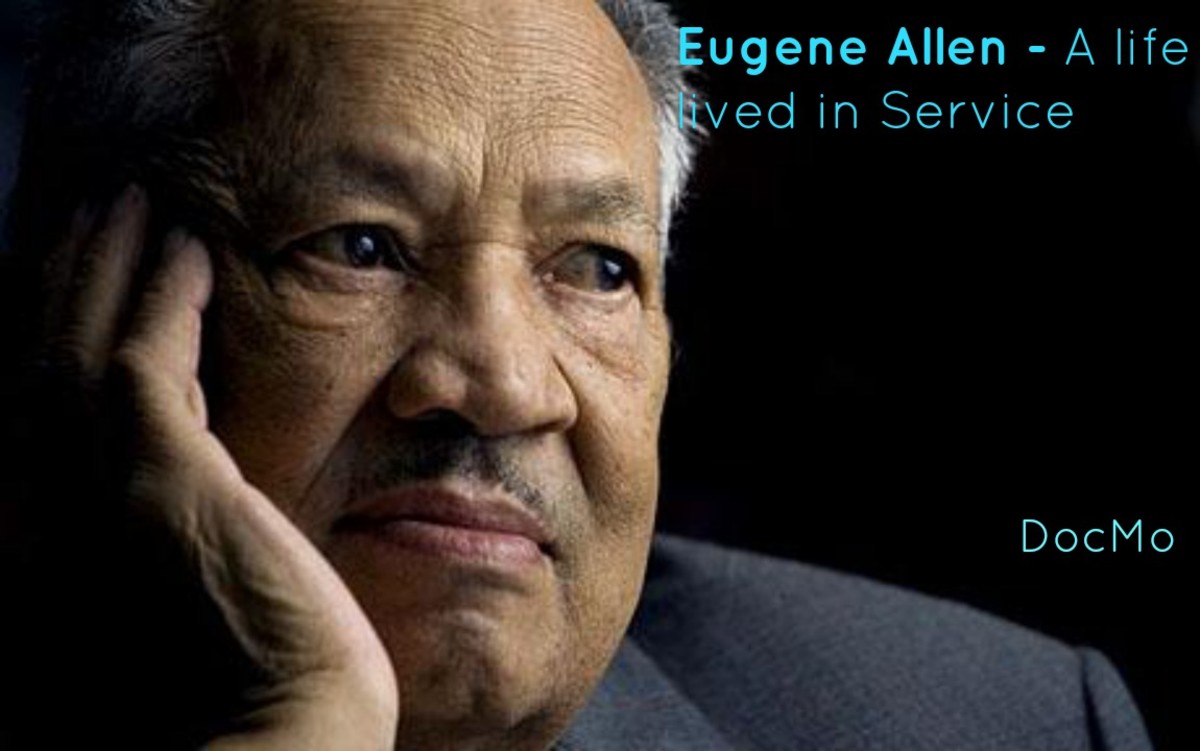The Second Amendment Under Fire
Gadsden Flag
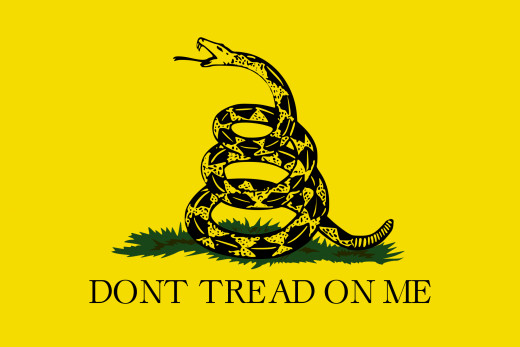
The Second Amendment
A well-regulated Militia, being necessary to the security of a free State, the right of the people to keep and bear Arms, shall not be infringed.
American Patriots
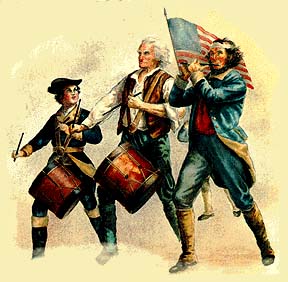
History Lesson
These twenty seven words have spurred more debate in America than almost any other issue. With advocates of gun control or gun seized arguing that the statement should be redefined to “meet the modern world,” which is just political speak for control. Any high-profile shooting causes anti-gun politicians to press forward with a myriad of public speeches, media outcry and new proposals for control laws that they hope will pass the legislative process and curtail this Constitutional right. Advocates for gun ownership fight back to preserve our rights and expose those trying to take them away. This simply and elegantly written Amendment is critical today just as it was when adopted.
Our founding fathers, most of which were former English citizens, enjoyed the right to bear arms while in England. English law was very specific and not only required able bodied men to own weapons, but to keep well skilled in their usage. Should the nation come under attack by foreign invaders, the citizenry would be conscripted to fight for their country and the expectation was that they would be well trained. Yet, when these same men went to the colonies, they were denied this right after some time by the English crown due to the numerous uprisings against England, regardless of the fact that they were still citizens of England. These men saw firsthand how a government could try to strip the rights from a segment of the population to force them into submission.
These revolutionaries did not give up their firearms and because they were armed and at the ready, were able to win their freedom from the British regulars. The Revolutionary War is documented proof that having an armed population provided an obstacle for government oppression. It also demonstrated that a fit and “at the ready” militia would be critical in the defense of the burgeoning nation. The actions shown by the individual states in early America supported those beliefs. Some states instituted special programs to supply poor people with guns if they could not afford one of their own. Others provided guidance for who should or should not have weapons. Women who were widowed or the “head of the household” were required to have weaponry as were free blacks in many states. Even slaves with the permission of the master held arms in many states. What history shows is that the population was not only armed, but bearing arms was one of the highest expectations, equivalent with voting, or answering the call for public duty when required.
Sporting Clays
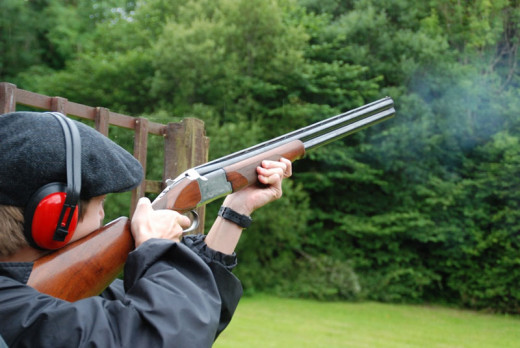
Benefits and Protections
So, if we take a moment to review the benefits the 2nd Amendment provides all American citizens with, we can see the crystal clear foresight the founders had. Each and every one of us has the right to arm ourselves for self-defense, we have the right to have weapons for hunting or shooting for sport, and the expectation and ability to assist in the defense of our nation should invasion occur. It also provides a balance of power whereupon the citizens and their weapons equal or surpass the firepower of the men and women in the armed services. Now with modern armor and air support, this no longer holds true in execution, but still does so in principal. Should a tyrannical dictator somehow manage to take control of the nation, regular citizens could reform into local militias such as was done in the past, to advance upon and defeat the usurpers and restore the nation to Constitutional control.
Anti-gun lobbyists try to use the ideology of local militias to cast a shadow on the Amendment, citing that the practice does not exist anymore. America has been fortunate enough in her history to demonstrate such superiority militarily that no country has tried to invade the mainland; therefore the need has not arisen. I’d argue that if it happened, you’d see thousands upon thousands of citizens band together to defend the stars and stripes. In the past, local Militias were present in every colony and citizens were required to report to training sessions periodically to insure firearm skills were polished and the citizenry as a whole were prepared to go to battle should the need require. We don’t have that level of organization or adherence to rules today, but with so many veterans of all branches of the military spread across the land, it would come together quickly.
In the past, local commanders did know who had weapons, yet there was no requirement to register those weapons with any governing body. There was no gun control in any of the states or territories other than documentation of “issued” weapons which is no different than what we see in our police forces and military today. Personal weapons were not regulated or inventoried by anyone.
Bootleggers
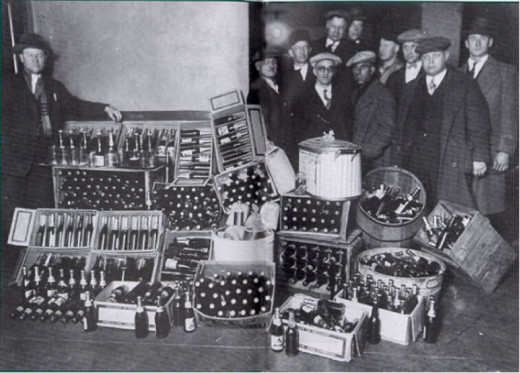
Gun Control 1791 - 1900
The first attempt made at any sort of gun control law came in 1837, nearly 50 years after the Constitution was adopted, and since the 2nd Amendment only applied to Federal Law, it was challenged at state level. The first challenge was made in Georgia where state legislature passed a law banning handguns in 1837, which was effective for 8 years until struck down by the State Supreme Court, using the 2nd Amendment as the citation. Further attempts were made to limit gun ownership by black Americans in the Southern states were rampant around the Civil War, but with the passage of the 14th Amendment in 1868, those laws held no sway. Shortly after, the National Rifle Association was founded by former Union soldiers Col. William C. Church and Gen. George Wingate. Gen. Ambrose Burnside, who was also the former governor of Rhode Island and a U.S. Senator, served as the organization's first president.
As America moved into the 20th century the population increased, automobiles, machines, and larger cities were all evolving and growing. World War I had exposed most of the population to destruction on a level never seen since then, the unsinkable Titanic went down, Prohibition was getting started, and American culture was developing with the roaring twenties and people discovering leisure time like never before. Bootleggers and underground nightclubs were all the rage and the criminal element of society began to emerge on a larger scale. The machine gun fueled the organized criminals and gang wars, robberies, and executions became part of daily life in the heavily populated cities. The Great Depression would only serve to make things worse.
Gangsters with Guns
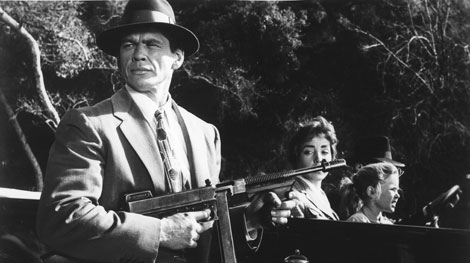
Gun Legislation 1900-1970
As America moved into the 20th century the population increased, automobiles, machines, and larger cities were all evolving and growing. World War I had exposed most of the population to destruction on a level never seen since then, the unsinkable Titanic went down, Prohibition was getting started, and American culture was developing with the roaring twenties and people discovering leisure time like never before. Bootleggers and underground nightclubs were all the rage and the criminal element of society began to emerge on a larger scale. The machine gun fueled the organized criminals and gang wars, robberies, and executions became part of daily life in the heavily populated cities. The Great Depression would only serve to make things worse.
The Federal Government got involved with the passage of the National Firearms Act on June 26th, 1934, which imposed stout taxes on the manufacture and sale of certain firearms. It also mandated that those weapons be registered. Any sale or transfer of the regulated weapons needed to be done through a federal agency. Automatic weapons, short-barreled shotguns (sawed off,) silencers, and weapons which were secreted in regular objects were part of the list. Buyers were also subjected to filling out paperwork to submit to the Treasury department for approval for certain sales. This act also dictated provisions for regulating explosive devices such as grenades, bombs, missiles, and poison gas.
Four years later, The Federal Firearms Act was passed by Congress to regulate those involved in the selling or shipping of firearms across state lines or outside of the country. The requirement for a Federal Firearms license from the Secretary of Commerce was instituted as well as the beginning of record keeping on every sale. These “dealers” were also required to insure buyers were allowed to buy firearms, and not be a convicted criminal in certain cases. The Federal Firearms Act was enforced by the Alcohol Tax Unit, one of the precursors of the Bureau of Alcohol, Tobacco, Firearms and Explosives.
Both Acts were argued in the courts many times which yielded subtle changes of the laws, but for the most part are both still in place to this day. With the grip on firearm ownership already seeming like too many to many people, the events in the 1960’s would only increase the amount of regulations.
On November 22nd, 1963 President John F. Kennedy was assassinated in Dallas, Texas by Lee Harvey Oswald using a mail ordered 6.5 mm Carcano Model 91/38 carbine rifle. He also purchased a handgun through the mail. Later in that same decade, civil rights leader and clergyman Martin Luther King was assassinated in Memphis, Tennessee on April 4th, 1968. James Earl Ray, an escaped convict was arrested and imprisoned until his death for the crime. On June 6th that same year, the brother of President Kennedy, Senator Robert F. Kennedy was assassinated while campaigning for the office of the President of the United States by Sirhan Sirhan, a Palestinian immigrant. These three high profile murders allowed The Gun Control Act to sail through Congress.
The Gun Control Act of 1968 was signed into law by then President Lyndon Johnson. The law was an all-encompassing package of regulations which put many restrictions on firearm ownership. Without the mass mailing lobbying efforts of the NRA, this law would have been highly restrictive. President Johnson wanted owner licensing and all guns to be registered, but those provisions were not part of the final bill. What the law did cover was that it prohibited interstate traffic in firearms and ammunition. It also denied guns to specific classes of individuals such as felons, minors, fugitives, drug addicts, and the mentally ill. Lastly it prohibited surplus military weapons to be brought into the United States as well as guns and ammunition not federally certified as sporting weapons or souvenirs. This was seen as a partial loss for the NRA after the effort they put forth. NRA members mobilized their base and successfully built a highly effective political lobbying group that was well funded and ready to take on any opposition.
ATF Logo
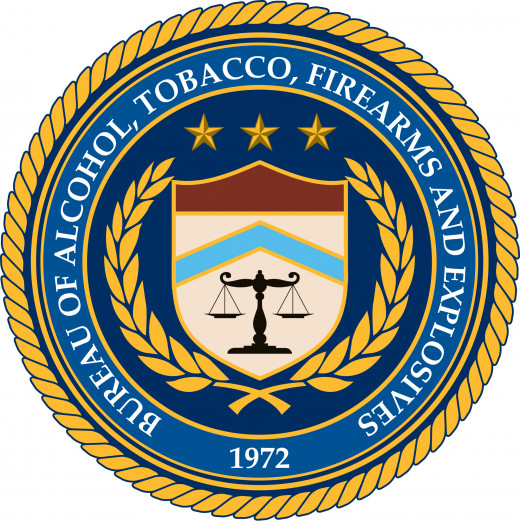
More Gun Control Attempts 1970 - Present
Gun control groups felt they had achieved a victory and relaxed their stance, thus weakening it in the process. Watching the abuses of the new law by agents, of the Bureau of Alcohol, Tobacco and Firearms which has been established in 1972, who were given a very broad brush to police the regulations, the NRA mounted a campaign to defend the rights of the American firearm owners. Finally in 1986, The Firearm Owners Protection Act was passed, which amended the earlier act by redefining "gun dealer," excluding those making occasional sales or repair, permits the interstate sale of rifles and shotguns, provided: (1) the transferee and transferor meet in person to accomplish the transfer; and (2) such sale complies with the laws of both States and repeals certain recordkeeping requirements for the sale of common types of ammunition. It also makes it unlawful, with certain exceptions, for any individual to transfer or possess a machinegun as well as many other pro-gun owner changes.
Another turbulent and high profile shooting occurred on March 30th, 1981 when President Ronald Reagan, White House Press Secretary James Brady, Timothy McCarthy, and Thomas Delahanty were shot on a Washington D.C. street. Secretary Brady was paralyzed and the President was hospitalized with a punctured lung and internal bleeding. The assassin was John Hinckley, Jr. a mentally ill man with an unhealthy obsession for fame. Secretary Brady’s name is on the Brady Handgun Violence Prevention Act, which Imposed, on an interim basis, a five-day waiting period and background check before a licensed gun importer, manufacturer or dealer can sell or deliver a handgun to an unlicensed individual. It also made provisions for a new National Instant Criminal Background Check System, run by the FBI, be ready to replace the waiting period by Nov. 30th, 1998. The new background check system would apply to all firearms and will allow checks to be done over the phone or electronically with results returned immediately in most cases.
In 1994 Congress passed the largest crime bill on record in the United States entitled The Violent Crime Control and Law Enforcement Act which is commonly known as the Federal Assault Weapons Ban. Funding for 100,000 new police officers, billions of dollars for new prisons and training were included in the massive 356 page bill which was introduced by then Senator Joe Biden and signed into law by President William J. Clinton. Although the bill was not focused on guns but mainly on crime control, it did bar the manufacture of 19 different types of automatic assault-type weapons and uses a list of feature characteristics to identify classification. Also included was a ban on magazines that held more than 10 rounds. The ban took effect September 13, 1994, but expired on September 13, 2004, due to a sunset provision. Currently it is legal to own or possess the subject firearms as well as magazines capable of holding more than ten rounds of ammunition under Federal law; however there are many state specific restrictions that have been established over the years.
Since 1984, there have been over 40 high profile events which resulted in multiple homicides and injuries with the aggressor using a firearm. Each time, the anti-gun crowd makes bold statements about why guns should be taken out of the hands of citizens. Each time a new piece of legislation makes the rounds at either Federal or State level. One major recent event saw the efforts of President Barack Obama defeated in the Senate when he championed an overhaul to current guns laws in response to the Sandy Hook Elementary School event. Under intense pressure from the NRA, the Senate blocked or defeated all of the proposals which would ban certain weapon types. Also, defeated was the attempt to expand background checks. One Senator made the point that this, like all the recent attempts to legislate guns were not targeted toward criminals, but toward ordinary citizens.
The Supreme Court is also showing support for the citizenry, by ruling for the plaintiffs in two separate cases involving San Francisco and Washington D.C. which were trying to restrict the rights of homeowners to defend their property with a firearm. Yet despite the clarity of the 2nd Amendment, politicians will not stop in their quest to disarm America. As recently as this morning, President Barack Obama made the announcement that he will be preparing a series of Executive Actions that will attempt to further block the rights we are entitled to by the Constitution.
Gun Shop
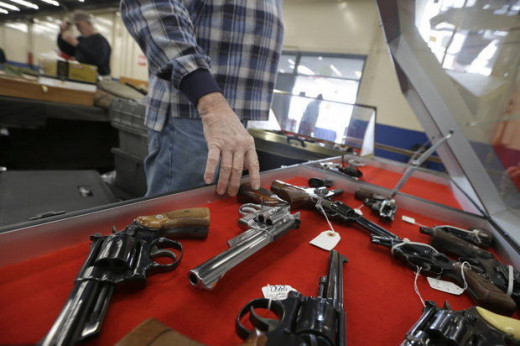
Is Gun Control just about Control?
The bottom line in the debate is the 2nd Amendment. The opposition has no chance of every getting enough support to overturn it, nor do they even attempt to since it would amount to political suicide. Instead, they peck at its edges and institute regulation and regulation in order to make it difficult for law-abiding citizens to exercise their rights. Could these elected leaders be the domestic tyrants our founding fathers had in mind when they added this Amendment? Politicians who want gun control are the same ones who wanted control over our healthcare, and over the energy sector, and the technology sector, and every other aspect of our lives as Americans. They are power hungry megalomaniacs, narcissistic and egotistical with an elitist approach to leadership where their opinion or ideals are all that matters. The family man from Iowa, the housewife from New Jersey, or the college kid in Oregon mean nothing to these so-called leaders and they give little respect to the people the govern. If they take away enough power from the people by transferring it to themselves, they remove the threat of being booted out of office and sent packing.
Ownership of firearms today is more important than ever. The strife in the world, higher crime rates from illegal immigration, and harassment from elected leaders are all reasons we as Americans need to be vigilant in our self-defense. Ask yourself this important question: When an elected leader asks you or tries to force you to give up the guaranteed freedoms and rights all men and women are entitled to by the highest law of the land, The U.S. Constitution, what’s in it for them?
And although we as a nation are pained by the unfortunate deaths and injuries caused in these mass shooting events, the knee-jerk reactions we see in Washington are meaningless as they always focus on the majority and ignore those few in the minority. Far more people die each year in America from Cancer, Heart Disease, Stroke, and Diabetes, but the President doesn’t speak out and demand actions on those topics…..wonder why? Gun homicide figures have been declining since 1993, but the few high profile events get so much Media coverage that they drive public opinion.
Joseph Story
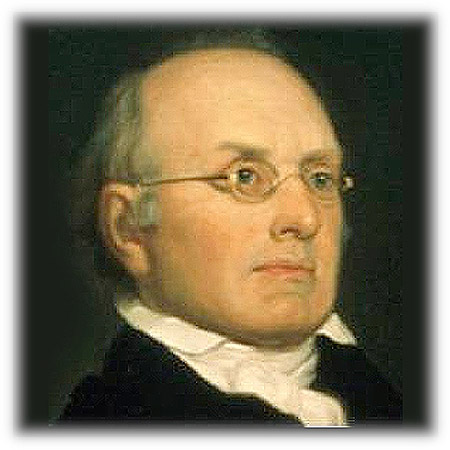
Chosen Quote
"The right of the citizens to keep and bear arms has justly been considered, as the palladium of the liberties of a republic; since it offers a strong moral check against the usurpation and arbitrary power of rulers; and will generally, even if these are successful in the first instance, enable the people to resist and triumph over them."
- Joseph Story, 1833
Comments are welcome and all will be approved - please be civil. I am for gun ownership and believe that self-defense is not only every persons right, but also their responsibility. Thanks for taking the time to read this piece - it is important that we stand fast and defend our rights. Guns do not kill people, people kill people.

